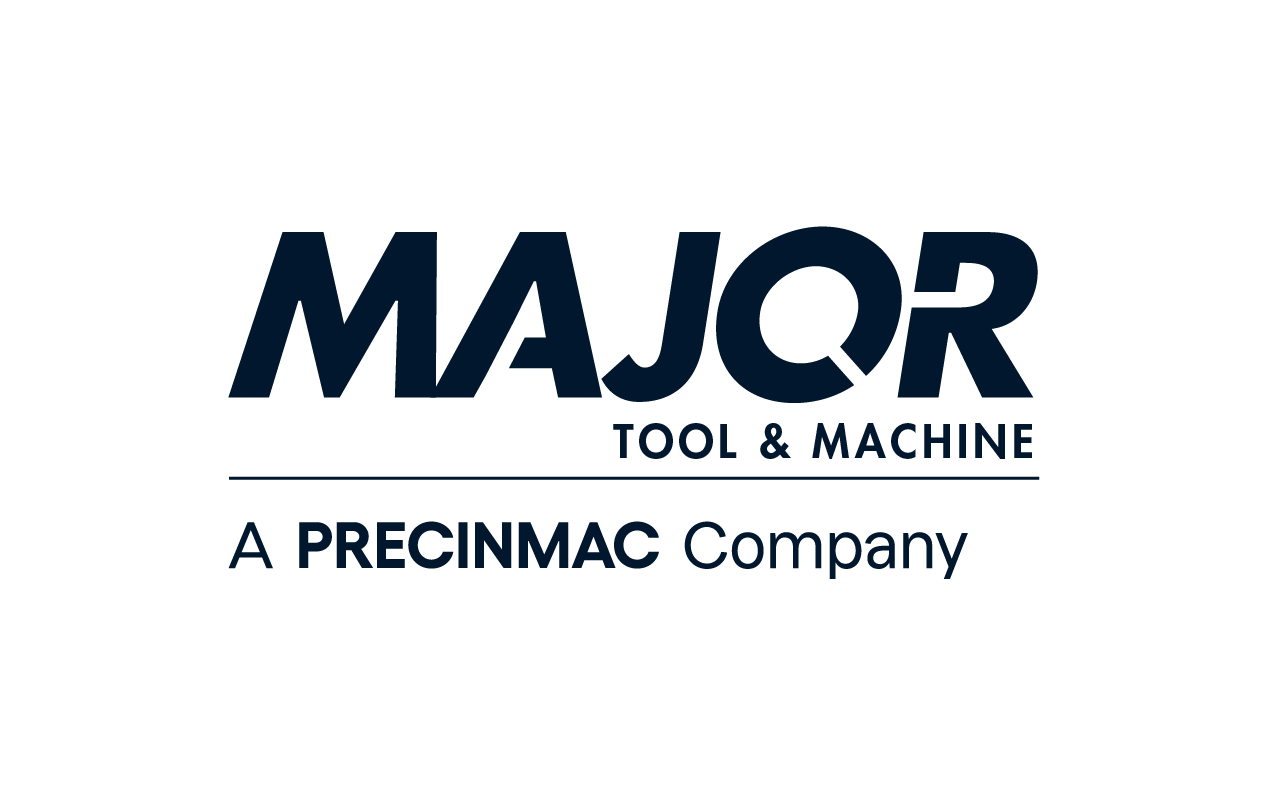At Major Tool & Machine, we are always looking for highly capable welders and fabricators to join our incredibly talented staff. One question we frequently get is, “How do I start a career as a welder?”
Below are our recommendations for someone looking to get into this high demand trade.
For individuals who are interested in getting started in welding as a career, there are specific skills that need to be learned in order to acquire a welding position at a company. Most companies typically have different welding process skill requirements as well as different levels of skill for their welders depending on the type of work they are performing and the industries they serve. Some welding jobs may only require a knowledge of one particular welding process since that is all they use. Other welding jobs may require the welder to be proficient in a variety of welding and cutting processes as well as having a broad knowledge of fabrication, working with blueprints, performing weld inspections, layout, etc. The more welding skills, knowledge, and experience a person obtains, the more marketable they become as a welder in the industry. For those wanting to enter the welding trade, there are several options available to obtain those necessary skills.
Some local vocational schools such as J. Everett Light Career Center and Central Nine Career Center may offer evening welding classes at affordable rates.
Vocational schools such as Indiana Vocational Technical College (IVTC), Lincoln College of Technology (Lincoln Tech), and Hobart Institute of Welding Technology (in Troy, Ohio) offer full welding programs which run much longer and cost substantially more. Graduates can receive a technical certificate upon completion of these programs.
Welding and cutting classes are offered at Sutton Garten Co. (Indianapolis) and are available as afternoon or evening classes.
The Major Tool and Machine Welder Training program is not designed to teach individuals how to weld from the ground up, but rather to improve existing skills and add to their welding/fabricating knowledge.
For the Major Tool & Machine Welder Training program, trainees should have, at minimum, a vocational / trade school level of practical welding experience in Gas Metal Arc Welding (GMAW), Flux Core Arc Welding (FCAW), and Gas Tungsten Arc Welding (GTAW) welding processes. In addition, blueprint reading, Weld symbols, and Shop math classes are very beneficial for a welder entering the training program.
Want to learn more about what we do?
Ready for a career at Major Tool & Machine?

